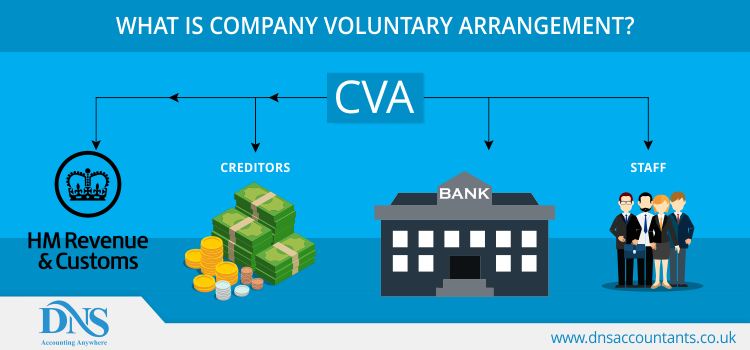Company Voluntary Arrangement: A quick GuidePosted by Vidit Agarwal on May 11th, 2018 What is a Company Voluntary Arrangement (CVA)? The Company Voluntary Arrangement is also known as CVA in UK provides a way for companies with its creditors regarding repayment of full or a part of its debts over a fixed period of time, and offers the opportunity to address issues surrounding management and operational systems that were not working. A Company Voluntary Arrangement is a legally binding agreement with your company's creditors to allow a proportion of its debts to be paid back over time. The proposal gets 75% of votes from the creditors, who voted need to support the proposal. CVA is a formal deal between an insolvent business and its creditors (lenders), usually for three to five years.
What are the Advantages of a Company Voluntary Arrangement (CVA)?
However there are also Disadvantages of Company Voluntary Arrangement (CVA)
For any further information about the CVA, you can explore here what is a Company Voluntary Arrangement? Like it? Share it!More by this author |



